Led by Prime Minister Mosaddegh and religious figures such as Ayatollah Kashani, the nationalization of Iran’s oil entered a new phase on [Iranian calendar month of] Esfand 29 (falling on March 17) after the Majlis passed the related legislation.
The movement sought to cut the hands of Britain that was exploiting Iran’s oil and giving a tiny portion back to the country. London could not tolerate such a movement for many reasons and hence set the stage for a coup against Mosaddegh two years later with the cooperation of Americans.
To shed more light on the issue, Mehr News Agency has conducted an interview with David Yaghoubian, a professor of history at California State University San Bernardino.
70 years on, do you see any change in macro policies of the West regarding the exploitation of other countries' resources?
Since 1951 the only distinct change in the macro policies of the West regarding the exploitation of other countries’ resources is the openness and brazenness with which political elites and oligarchs of the United States communicate about their actions in violation of international law to advance their malign agenda. Recent examples include former U.S. President Donald Trump’s repeated statements throughout 2020 regarding “taking the oil” in Syria, former Trump administration National Security Advisor John Bolton’s 2019 comments on Fox News openly describing how the overthrow of Venezuela’s government and control over the country’s oil resources would benefit U.S. oil companies, and Tesla CEO Elon Musk infamously tweeting, “We will coup whoever we want! Deal with it” in response to the 2019 Bolivian lithium coup. As former Secretary of State Mike Pompeo exuberantly explained in 2019 at Texas A&M University, “I was the CIA director. We lied, we cheated, we stole. We had entire training courses.”
While such extreme hubris enhanced by the absence of moral or ethical compass is certainly a characteristic shared with the politicians, spooks, and oligarchs of the United States in the 1950s, this willingness to openly describe U.S. foreign policy goals and to publicly brag about violating international law is a recent development. In short, nothing has changed aside from the criminal brazenness which increasingly characterizes twenty-first century American imperialism.
What did essentially colonial powers see in Iran’s oil nationalization movement that caused worry for them?
Iran’s oil nationalization movement clearly demonstrated the potential for countries to resist neo-colonial control and foreign exploitation of their national resources. Therefore it was not simply the action of the Iranian Majles in passing the oil nationalization law and initiating domestic control of Iranian oil facilities and production that caused worry for the United Kingdom and the United States, but rather the regional precedent this would set, and its possible global emulation as a model of anti-imperialist action in the interest of national development. The CIA and MI6 overthrew Mossadegh and enabled the Shah’s subsequent twenty-five-year dictatorship to stop the Iranian people and Majles from setting an example that other developing nations would surely seek to replicate.
Interview by Mohammad Ali Haqshenas






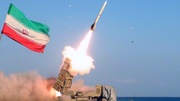
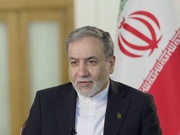
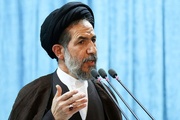

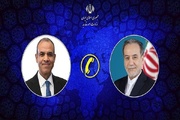

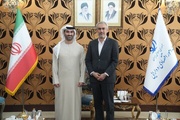










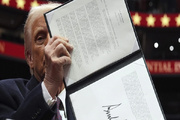
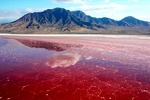

Your Comment